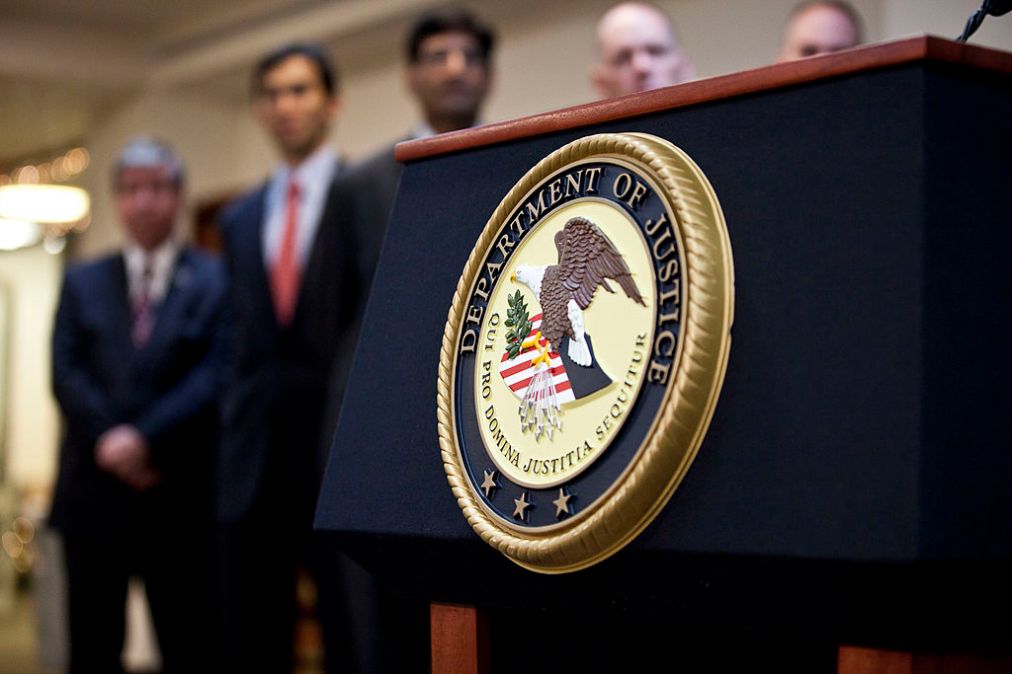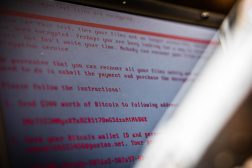New York couple accused of laundering cryptocurrency from $4.5 billion Bitfinex hack

Federal law enforcement arrested a Manhattan couple Tuesday for allegedly conspiring to launder $4.5 billion worth of cryptocurrency stolen in a 2016 hack of virtual cryptocurrency exchange Bitfinex.
The Department of Justice said it so far has seized more than $3.6 billion in cryptocurrency tied to the hack, its largest recovery to date.
The complaint accuses Ilya Lichtenstein, 34, and his wife, Heather Morgan, 31 of laundering the money over a course of five years, sometimes into their own financial accounts. The DOJ’s announcement does not specify if they were allegedly involved in the initial hack itself.
The court filings hint at the couple’s unusual online personas: Morgan performs under the moniker “Razzlekhan” and considers herself a “serial entrepreneur” and “surrealist artist,” according to her LinkedIn. Lictchenstein’s LinkedIn describes him as the founder of Endpass, a blockchain startup and cryptocurrency investor.
Justice Department officials described the arrest as a warning to criminals trying to use virtual currencies to hide their tracks.
“Today’s arrests, and the department’s largest financial seizure ever, show that cryptocurrency is not a safe haven for criminals,” Deputy Attorney General Lisa O. Monaco said in a statement. “Thanks to the meticulous work of law enforcement, the department once again showed how it can and will follow the money, no matter what form it takes.”
In October the Justice Department launched a national cryptocurrency enforcement team to go after cybercriminals using virtual currencies to try to hide their crimes. Authorities last June recovered roughly $2.3 million in bitcoin paid by fuel provider Colonial Pipeline to a Russian ransomware group.
“This seizure highlights the Department’s move away from indictments, which are difficult in cyberspace, to the active disruption of the economies of scale in the Dark Web,” Tom Kellermann, head of cybersecurity strategy at VMware said in an email. “The next priority should be to redeploy these funds to critical infrastructure protection from future cyberattacks.”
Lichtenstein and Morgan employed sophisticated money-laundering techniques that included the use of a combination of fictitious identities, automatic transactions, and dispersing funds across virtual currency accounts.
Lichtenstein and Morgan each face a maximum sentence of 20 years in prison for conspiracy to commit money laundering and a maximum sentence of five years in prison for conspiracy to defraud the U.S. government.
Updated 2/8/2022: To include additional comment.






